The triumphal entry of Jesus into Jerusalem is recorded by all four gospels (Matthew 21; Mark 11; Luke 19; John 12). This event is remembered yearly by Christians as beginning the final days of Christ’s ministry before his crucifixion. There are two notable Old Testament references recorded by the gospel authors.
First, they all have the crowd welcoming Jesus by laying cloaks and branches to carpet the roadway and with cries of praise from Psalm 118. Psalm 118 is about victory and salvation coming from God to Jerusalem, it contains reference to the stone that the builders rejected becoming the cornerstone, a theme picked up the prophets Isaiah and Zechariah (Isa. 28:16; Zech. 10:4) in reference to the Messiah and used in the New Testament of Jesus (Matt. 21:42; Acts 4:11). The significance of this was not lost on the Pharisees, whose alarm is recorded in the gospels of Luke and John.
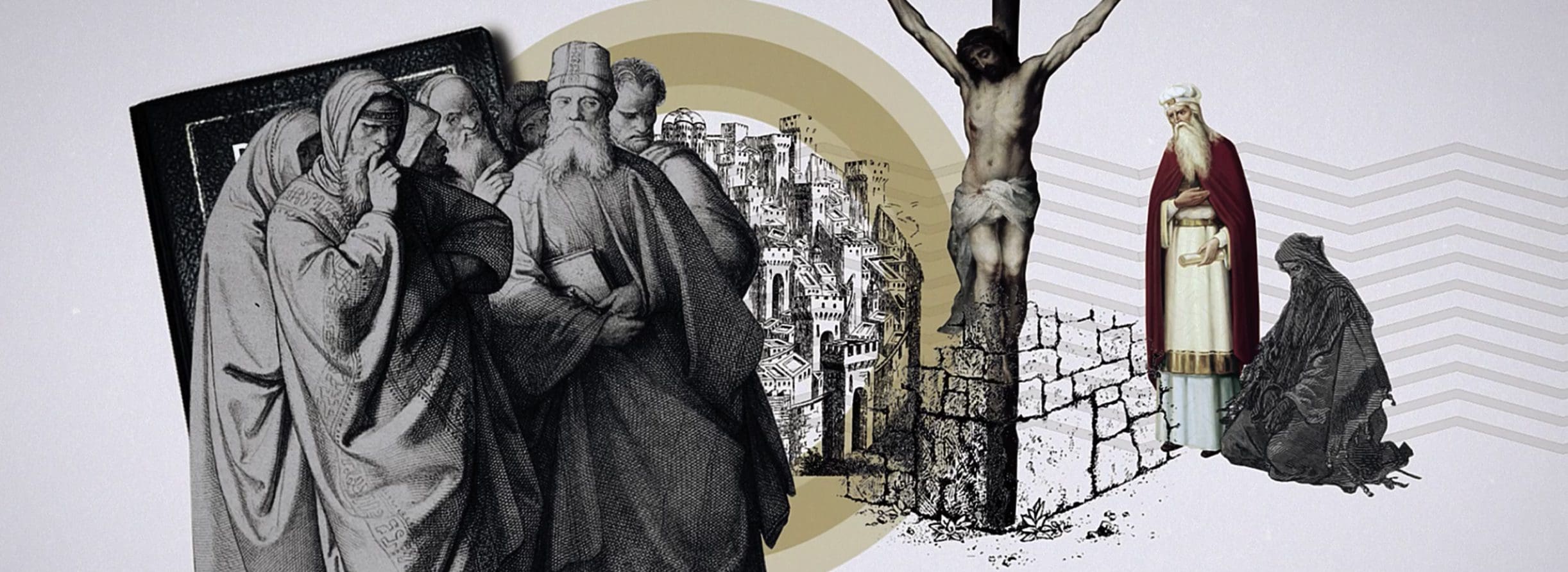
The second Old Testament reference is recorded in Matthew and John, and it is a claim that Jesus’ entry on a donkey’s colt was a fulfilment of the prophecy of Zechariah 9, John adds that this fulfillment wasn’t immediately apparent to the disciples, but only after Christ’s glorification, did they connect all of the dots. Zechariah 9 says,
“Rejoice greatly, Daughter Zion! Shout, Daughter Jerusalem! See, your king comes to you, righteous and victorious, lowly and riding on a donkey, on a colt, the foal of a donkey. I will take away the chariots from Ephraim and the warhorses from Jerusalem, and the battle bow will be broken. He will proclaim peace to the nations. His rule will extend from sea to sea and from the River to the ends of the earth. As for you, because of the blood of my covenant with you, I will free your prisoners from the waterless pit. Return to your fortress, you prisoners of hope; even now I announce that I will restore twice as much to you….” (Zech. 9:9-12).
The chapter goes on to speak of the victory of God’s people over their oppressors and how God, the shepherd and king will save His people and give them peace.
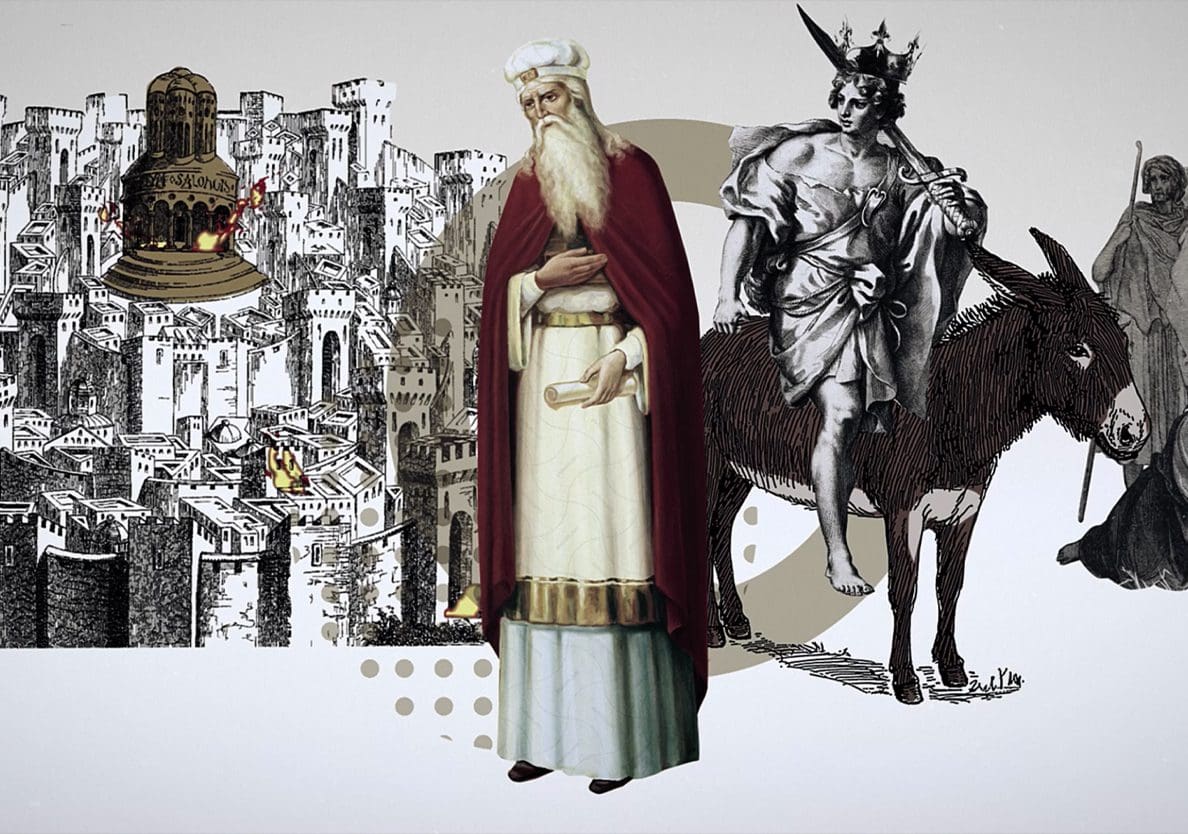
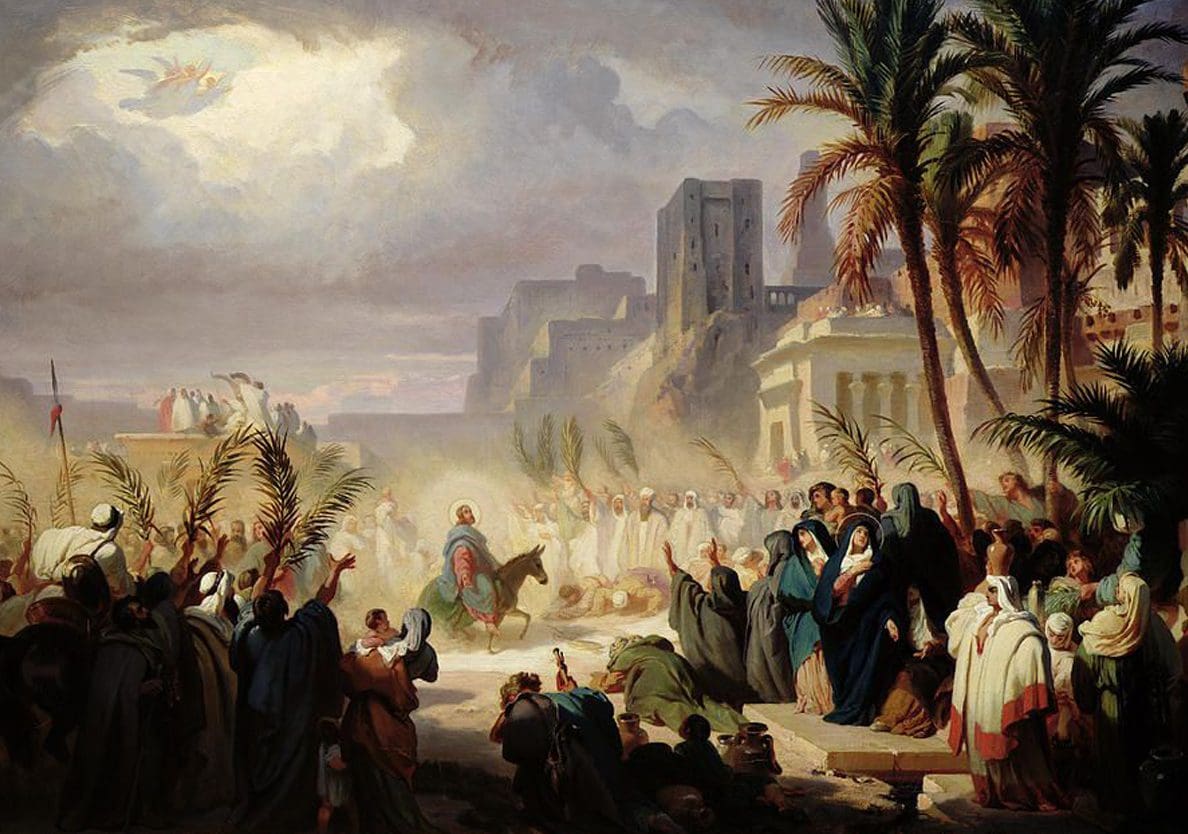
Zechariah’s prophecy of the king and the donkey reaches back both to Israel’s history and to her earlier prophets. The image of a king riding lowly or afflicted on a donkey recalls to mind King David. David, the man whose line the Messiah would come from. David was once forced to leave Jerusalem in mourning when his son Absalom successfully took the kingdom and the people’s loyalty (2 Sam 15). The Bible tells us that the remaining family of rejected King Saul provided donkeys for David to ride (2 Sam.16). David is eventually vindicated, and brought back to Jerusalem, struggling to prevent a civil war (2 Sam. 19). David, the great-grandfather of the messiah, was victorious over the rebellion but had been brought low by his own sin.
Now, Zechariah saw the future Messiah victoriously and lowly entering Jerusalem, on a donkey and securing great peace for the people. He no doubt reckoned back to the prophet Isaiah’s image of the suffering servant (Isaiah 52-53). A King in the line of David who suffered not for his own sin, like David did, but rather for our sin.
“But he was pierced for our transgressions, he was crushed for our iniquities; the punishment that brought us peace was on him, and by his wounds we are healed.” (Isa. 53:5).
A different kind of victory was coming for the people of God in Jerusalem, not one over a physical enemy, but over a greater and darker one: Their sin would be atoned for, once and for all. Christ would fulfill his role as the suffering servant and take his place as the King who brings true peace.

Corie Bobechko is a daily co-host, speaker, and writer of Bible Discovery. She also hosts a YouTube channel that shows how history and archaeology prove the Bible. Her heart for seekers and skeptics has led her to seek truth and share it with others. Corie also has a Bachelor of Theology from Canada Christian College.



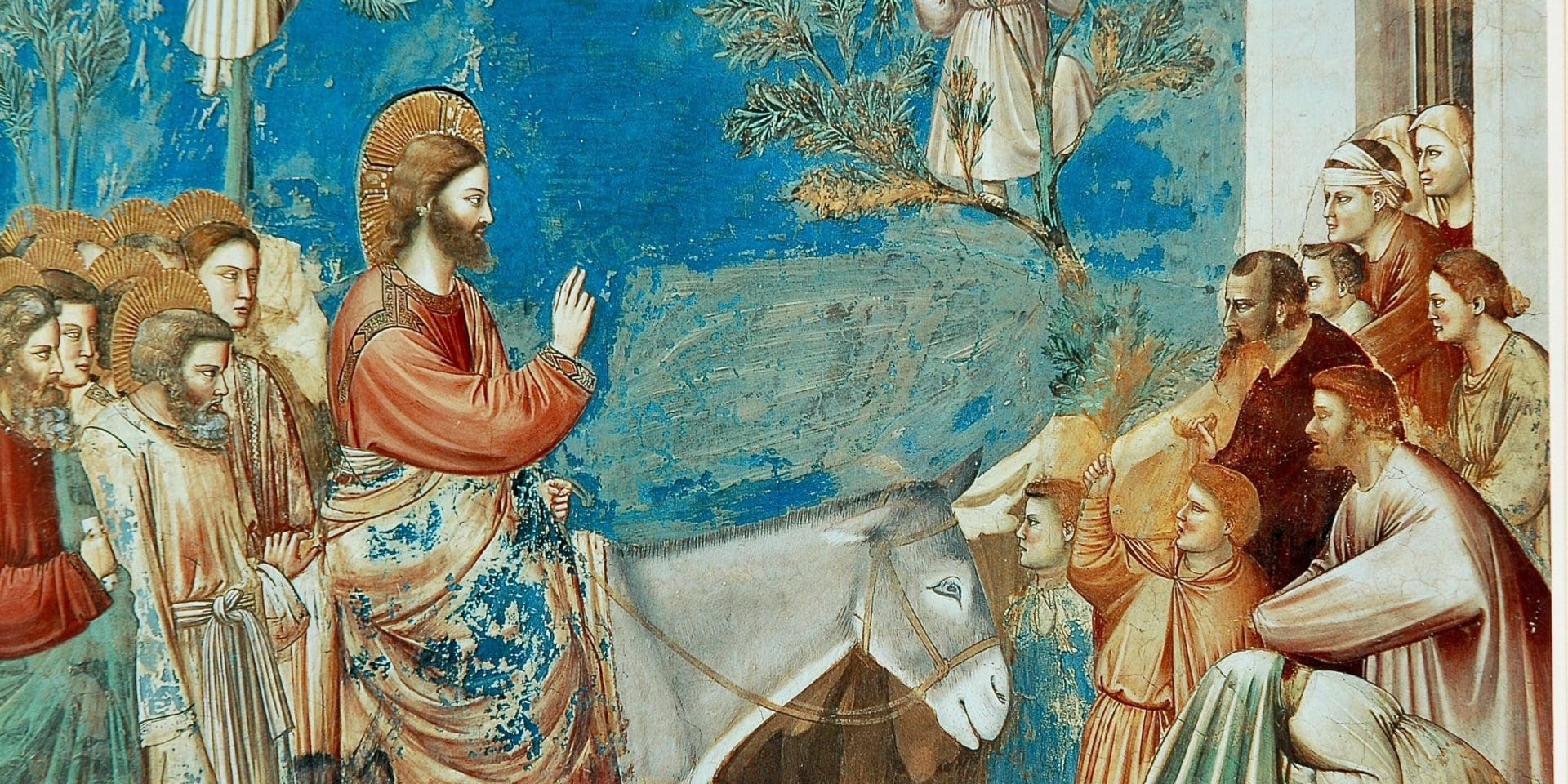


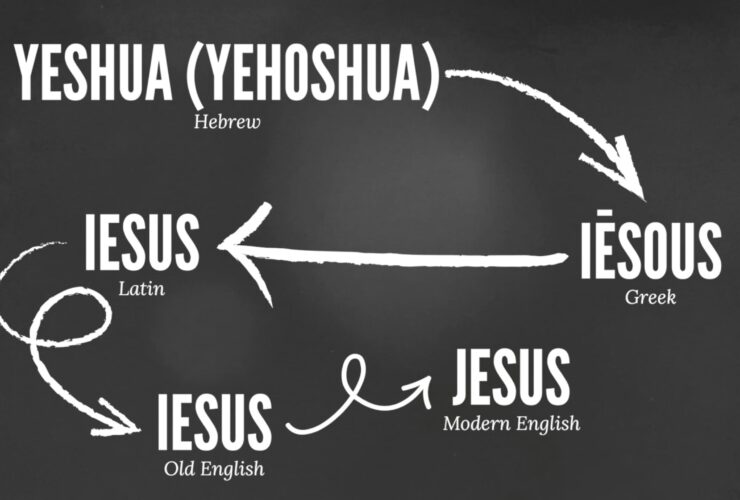
Cory you mention in your weekly catch-up that Zechariah was murdered in an alley way by the temple. I was reading & following along & I looked at the notes in my Bible & it said don’t confuse this Zechariah that was mention in 2 Chronicles because this Zechariah was the one murdered. I have a KJV Study Bible I just got & want to make sure it’s correct. I was using NKJ but I found a few words missing or changed that made a big difference to the meaning.
So please let me know what is correct.
Thank you
Georgina